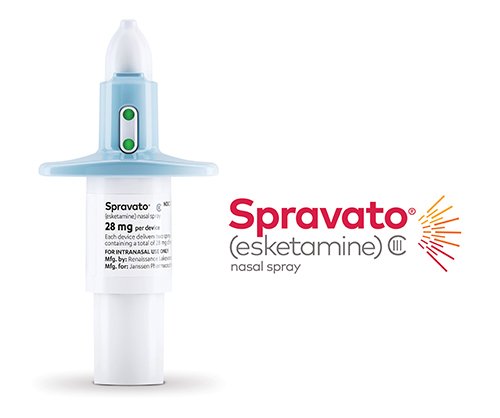
Medication Management

Treatment options aren’t one-size-fits all.
We’re here to help you understand
the right option for you.
At Dagenhart Health and Wellness, we like to think of medication management and psychotherapy as collaborating partners in the therapeutic process. Working side by side to foster the best clinical outcome for each individual. Although not everyone engaged in therapy is a candidate for psychopharmacological treatment, we believe most individuals engaged in medication management also greatly benefit from therapy as part of a comprehensive treatment approach. Medication alone is not a cure. Some biologically based mental health conditions may require an individual to stay on medication. Others may only need medication for shorter periods of time. Medication can be a wonderful start to feeling better, and also can provide a “bridge” to help get more from psychotherapy. Our providers work closely together as part of a collaborative therapeutic team to best coordinate your care.
Medication Management for Children
For children, medication management can be an even more difficult decision. The prescribers at Dagenhart Health and Wellness understand that there are many options available and at times can be overwhelming and confusing. We are committed to helping parents and families make an informed decision on the best treatment options available for their child. Your provider will use information from research, clinical practice and experience, and information about the individual child to determine which medications will be the most effective. Before recommending any medication, your prescriber will conduct a comprehensive psychiatric assessment and discuss it with you. When prescribed appropriately by an experienced clinician and taken as directed, medication may reduce or eliminate troubling symptoms and improve daily functioning. Upon request, our providers will also collaborate with teachers and other providers in the treatment process of your child.
GeneSight
The GeneSight test unlocks your genetic “fingerprint”, providing insight that a clinician can use to guide your mental health medication treatment and may improve your chances of finally feeling like yourself again.
The GeneSight Psychotropic report may help you avoid multiple medication trials by providing information about which medications may require dose adjustments, be less likely to work or have an increased risk of side effects based on your genetic information.
Spravato
We are happy to be able to provide you with SPRAVATO® (esketamine) CIII, a nasal spray that can be taken with an oral antidepressant to treat treatment-resistant depression (TRD) in adults and depressive symptoms in adults with MDD with acute suicidal ideation or behavior.

When deciding to explore mental health medications, you don’t have to make the decision alone.
What does medication do?
As with many treatment options, it can be difficult to know what may be best for you specifically. Medication management for mental health support is no different. Our providers can help you understand the differences in medication options, and their potential benefits and possible negative side-effects. When deciding to explore mental health medications, you don’t have to make the decision alone. We will work with you to determine if and when medication is warranted. This process includes an intake assessment, identifying if behavioral therapy and counseling would work conjointly with medication management, identifying any potential lifestyle causes, identifying mental health issues that could be causing physical symptoms and identifying mental health issues interfering with your life.




